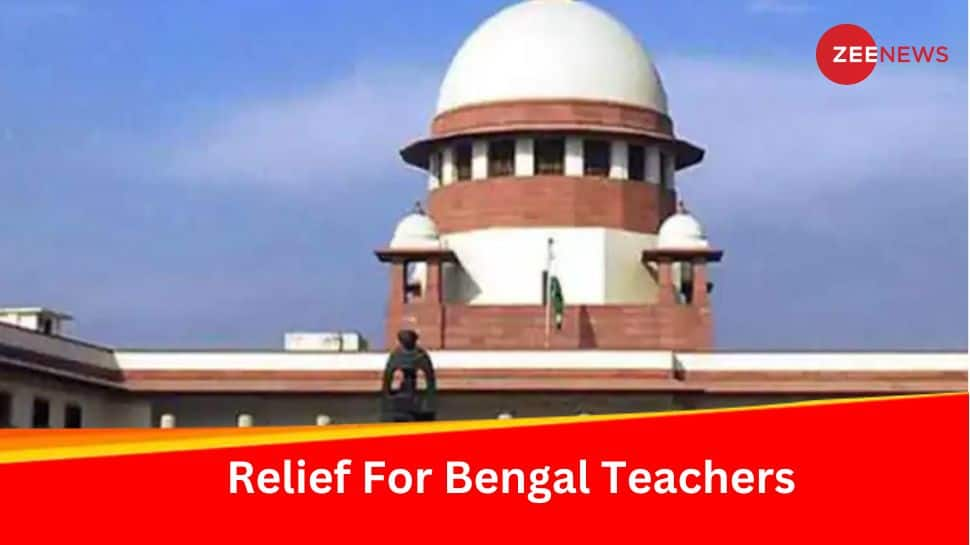Delimitation of constituencies
Fixing boundaries of electoral constituencies is critical to democracy. The Constitution mandates that each state get seats in the Lok Sabha in proportion to its population. In 1976, the Constitution froze delimitation as per the 1971 Census, to allay concerns of states that had controlled their population and could have lost out on seats in the Lok Sabha. Resultantly, the allocation of seats relies on the 1971 Census, irrespective of current population figures. Currently, one Lok Sabha MP in UP represents roughly 25 lakhs voters, while a Kerala MP represents 17 lakh. Going forward, delimitation must address concerns of both states as well as individual voters.
Centralisation of governmental power
In 1982, the Haryana governor, Congressman G D Tapase, overlooked the Lok Dal-BJP coalition that had won the highest number of seats in the assembly elections and invited Congress to form the government. In 2019, when the Maharashtra assembly elections returned a fractured mandate, governor B S Koshyari, an RSS veteran, swore in a government helmed by the BJP in a hushed ceremony. Evidently, governor-related controversies have persisted. The Constitution contemplated a governor’s office with strong links to the Centre, exercising some degree of choice in critical matters. Instead of serving as an intergovernmental bridge, governors seem to be exercising that choice to subvert federalism and destabilise state politics.
Pendency of cases before Constitution bench
Substantively, the right to privacy, and the validity of triple talaq and state-imposed entry tax have little in common. However, all these issues involved a substantial question concerning the interpretation of the Constitution, and under Article 145(3), had to be decided by a bench of five or more judges of the Supreme Court. Many such critical issues which can impact citizens’ lives, such as the status of Jallikattu as a cultural right, and reservations for economically weaker sections, currently await hearing. The oldest such case awaiting hearing by a constitution bench is 36 years old, and nearly 35 such cases are currently pending!
Working of Parliament
On July 22, 2008, during a confidence vote faced by the UPA government, three BJP MPs waved wads of currency notes in the Lok Sabha and alleged bribery to vote in favour of the government. The incident embodied everything dishonourable with the Parliament even today. Its productivity remains hampered by disruptions, and laws are cleared without adequate debate. In 2020, the farm bills were passed through a voice vote circumventing the Opposition and debate, and in blatant violation of rules of parliamentary procedure. Far from holding the government of the day accountable for its actions, the Indian Parliament now symbolises only political grandstanding.
Equality, reservation and non-discrimination
Reservation, in both education and employment, has been a tumultuous issue. The necessity of reservation was debated by the Constitution framers and its benefit was extended, in various domains, to SCs, STs and socially backward classes. The extension of reservation in government employment to OBCs in the 1990s sparked n a t i o n w i d e protests, and in 1992 the Supreme Court capped the total permissible reservation at 50%. Now, the extension of 10% reservation in public services and educational institutions for economically weaker sections has generated controversy for using only economic criteria for extending reservation benefits. This begs an analysis of the rationale behind reservations – distributive justice or undoing social oppression.
!(function(f, b, e, v, n, t, s) {
window.TimesApps = window.TimesApps || {};
const { TimesApps } = window;
TimesApps.loadFBEvents = function() {
(function(f, b, e, v, n, t, s) {
if (f.fbq) return;
n = f.fbq = function() {
n.callMethod ? n.callMethod(…arguments) : n.queue.push(arguments);
};
if (!f._fbq) f._fbq = n;
n.push = n;
n.loaded = !0;
n.version = ‘2.0’;
n.queue = [];
t = b.createElement(e);
t.async = !0;
t.src = v;
s = b.getElementsByTagName(e)[0];
s.parentNode.insertBefore(t, s);
})(f, b, e, v, n, t, s);
fbq(‘init’, ‘593671331875494’);
fbq(‘track’, ‘PageView’);
};
})(
window,
document,
‘script’,
‘https://connect.facebook.net/en_US/fbevents.js’,
);if(typeof window !== ‘undefined’) {
window.TimesApps = window.TimesApps || {};
const { TimesApps } = window;
TimesApps.loadScriptsOnceAdsReady = () => {
var scripts = [
‘https://static.clmbtech.com/ad/commons/js/2658/toi/colombia_v2.js’ ,
‘https://www.googletagmanager.com/gtag/js?id=AW-877820074’,
‘https://imasdk.googleapis.com/js/sdkloader/ima3.js’,
‘https://tvid.in/sdk/loader.js’,
‘https://timesofindia.indiatimes.com/video_comscore_api/version-3.cms’,
‘https://timesofindia.indiatimes.com/grxpushnotification_js/minify-1,version-1.cms’,
‘https://connect.facebook.net/en_US/sdk.js#version=v10.0&xfbml=true’,
‘https://timesofindia.indiatimes.com/locateservice_js/minify-1,version-14.cms’
];
scripts.forEach(function(url) {
let script = document.createElement(‘script’);
script.type=”text/javascript”;
if(!false && !false && !false && url.indexOf(‘colombia_v2’)!== -1){
script.src = url;
} else if (!false && !false && !false && url.indexOf(‘sdkloader’)!== -1) {
script.src = url;
} else if (!false && (url.indexOf(‘tvid.in/sdk’) !== -1 || url.indexOf(‘connect.facebook.net’) !== -1)) {
script.src = url;
} else if (url.indexOf(‘colombia_v2’)== -1 && url.indexOf(‘sdkloader’)== -1 && url.indexOf(‘tvid.in/sdk’)== -1 && url.indexOf(‘connect.facebook.net’) == -1){
script.src = url;
}
script.async = true;
document.body.appendChild(script);
});
}
}







More News
Supreme Court Puts On Hold Calcutta High Court Order Cancelling Bengal Teachers Recruitment
Dalal street ‘fear index’ jumps to highest level in 15 months | India News – Times of India
Kiren Rijiju: Check LSS Congress Candidate From Arunachal West Lok Sabha Seat